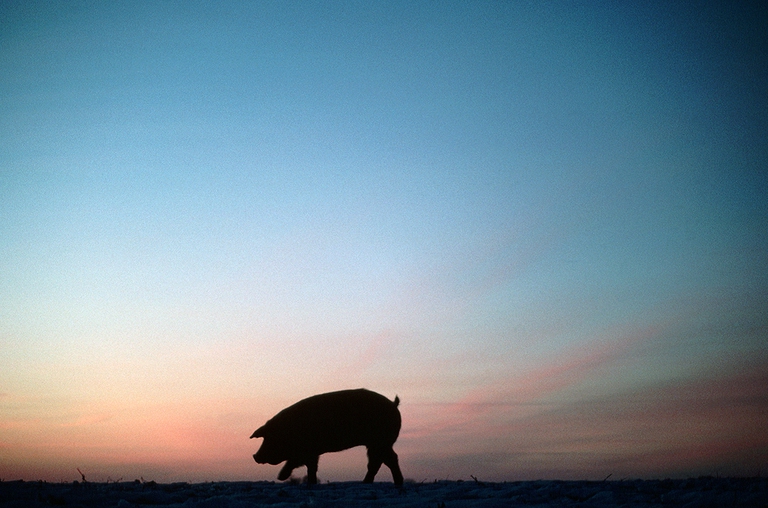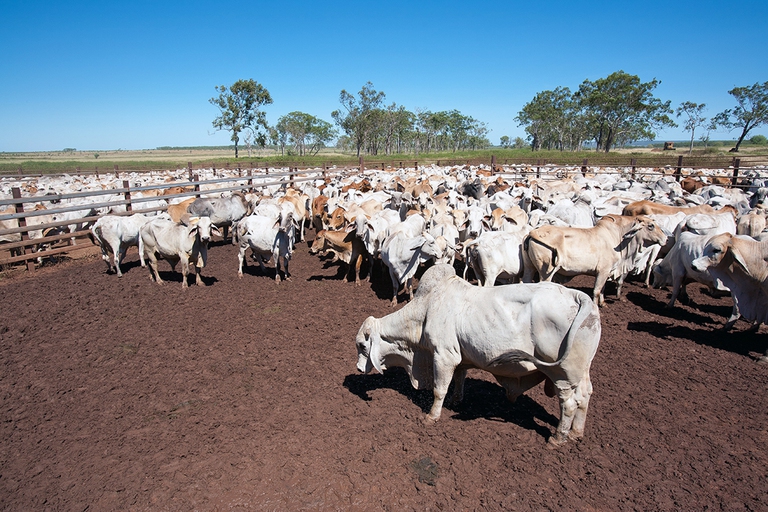
Controversial African land deals by Blue Carbon face skepticism regarding their environmental impact and doubts about the company’s track record, raising concerns about potential divergence from authentic environmental initiatives.
C’è una nuova categoria di persone che si distinguono per cosa mangiano: sono i climatariani. Sono coloro che hanno bene in mente quanto sia importante l’alimentazione nella lotta al riscaldamento globale.
If you are among those who think about what they’re eating and try to reduce the carbon footprint of their diet. If you are among those who buy products that didn’t travel the world before reaching their tables. If you are among those who cut down on meat, or even cut it out completely. If you are among those who try to eliminate waste by buying the right amount of food items in order to avoid them to end up in the rubbish. If you think about all these things before sitting at your dinner table, then you could absolutely define yourself as a “climatarian”.
The term has been cited by The New York Times in the list of the new food words for 2015. “Climatarian” will worthily substitute the synonym “ecotarian”, coined in 2005 by a group of researchers of the Oxford University and later used in an article of the UK Times written by Tony Turnbull on 25 September 2008 to define people who only eat food produced in a sustainable way. This word, however, never caught on among environmentalists.
Climatarian could instead be a more powerful word, since it directly recalls in its root one of the most important challenges of our time: the fight against climate change. A battle that each of us can join, through sustainable practices, including using alternative means of transportation and switching to a nutrition that respects the environment and local market.
14.5% of total CO2 emissions are in fact produced by animal farming and dairies. Thus, we should say no to red meat and, only if necessary, eat white meat (poultry). Instead, yes to creative recipes in order to use every part of ingredients to keep food waste to a minumum, as Lisa Casali has been teaching us for years. And local products are a must.
Climatarians thus join reducetarians (those who reduce animal products consumption), fishetarians (those who cut meat out), vegetarians (those who cut out meat and fish), vegans (those who cut out meat, fish, and animal derivatives such as cheese and eggs). But the list could be much longer.
Who care about the environment can only conceive this word as “the” word. After all, eating meat has a price too high to do nothing. So, don’t feel uncomfortable or embarrassed: say you are climatarians out loud, others may follow closely behind. Starting from the waiter or waitress who won’t conceal a look of surprise on their face.
Siamo anche su WhatsApp. Segui il canale ufficiale LifeGate per restare aggiornata, aggiornato sulle ultime notizie e sulle nostre attività.
![]()
Quest'opera è distribuita con Licenza Creative Commons Attribuzione - Non commerciale - Non opere derivate 4.0 Internazionale.
Controversial African land deals by Blue Carbon face skepticism regarding their environmental impact and doubts about the company’s track record, raising concerns about potential divergence from authentic environmental initiatives.
The Paris Climate Agreement requires us to move towards carbon neutrality, but what does reducing net greenhouse gas emissions to zero actually mean?
Overshoot Day marks the point when humanity has used up the Earth’s resources for a year. And the date comes earlier and earlier every year.
Robben Island’s solar energy micro-grid project will produce almost one million kilowatt hours of electricity annually, significantly reducing the cost and impact of buying diesel.
Four months have passed since the beginning of 2017 and, for many, that means that their New Year’s resolutions are still in mind. The gym is still crowded, your refrigerator is still full of healthy food, but that initial motivation may not be as high as it was on, say, on the 2nd of January. So
Here are Donald Trump’s declarations on energy, the environment, renewable energy, fracking and oil, made on the US President’s official campaign site.
The internet and the IT industry combined account for 7 per cent of the world’s electricity, with a predicted increase to 12 per cent by the end of the year. Such increase is due to global internet traffic’s growth. These are some of the data included in the report named Clicking Clean: Who is Winning
World Environment Day was established in 1972 during the United Nations Conference on the Human Environment, which led to the creation of the United Nations Environment Programme (UNEP). Its aim is “encouraging worldwide awareness and action for the protection of our environment”. Since its inception, WED has developed into a global platform for raising awareness and taking action,
The connection between digital technology and satellite imagery is revolutionising the way natural resources can be used, including monitoring deforestation and desertification. As countries strive to reduce their carbon footprint by limiting deforestation, it is important they have the right tools. These must be transparent, consistent over time and suitable. To help these countries, the Food










